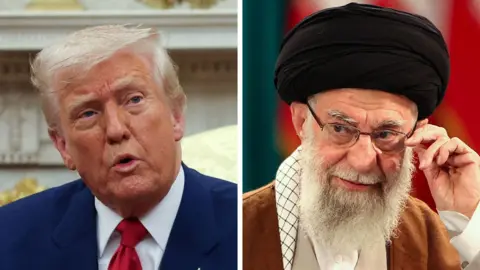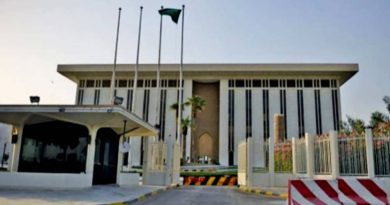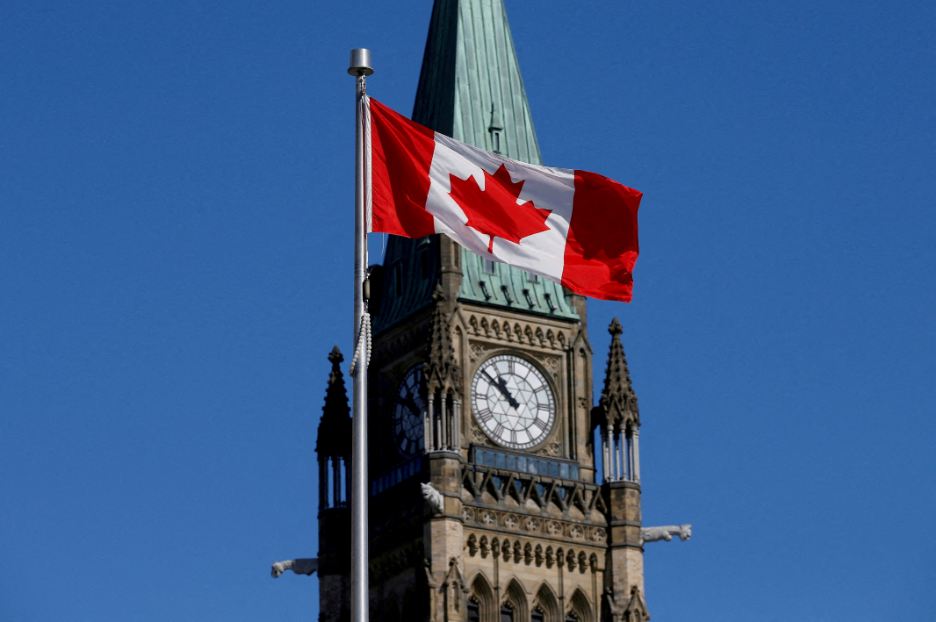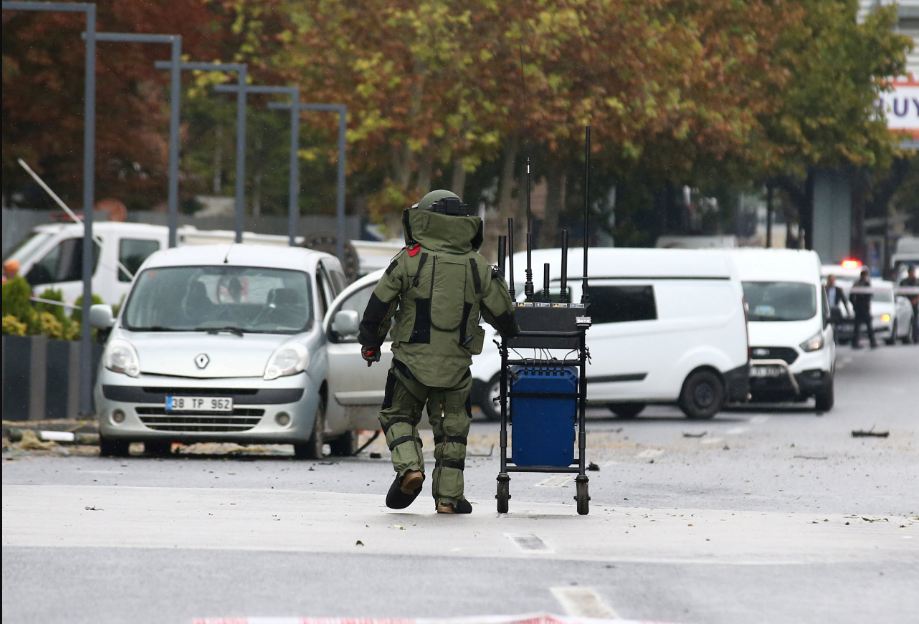Trump Signals Willingness to Ease Iran Oil Sanctions for ‘Peaceful Behavior’
Washington — U.S. President Donald Trump has expressed openness to lifting sanctions on Iran, including those targeting its oil exports, provided the country demonstrates a commitment to peaceful conduct and ceases hostile actions.
In an interview with Fox News aired on Sunday, Trump outlined a potential shift in U.S. policy toward Iran, emphasizing that sanctions relief could enable Tehran to rebuild its economy, particularly in the aftermath of its conflict with Israel.
“If Iran behaves itself, I would consider waiving sanctions so they can sell oil and engage in normal economic activities,” Trump stated. He clarified, however, that any decision to ease restrictions would hinge on Iran proving it is not pursuing harmful actions.
“If they show they’re not going to do any more harm, I would take the sanctions off,” he added.
Trump’s remarks come amid mixed signals from his camp. On June 24, he announced on Truth Social that China could resume purchasing Iranian oil, suggesting a softening of sanctions.
The following day, he clarified that he was not seeking to cut off Iran’s oil revenues, citing the country’s need for funds to recover from its war with Israel. However, on Friday, Trump abruptly paused efforts to lift sanctions, citing inflammatory remarks from Iran’s Supreme Leader Ali Khamenei, whom he described as expressing “anger, hatred, and disgust.”
Addressing accusations that his administration had permitted China to buy sanctioned Iranian oil, Trump firmly denied the claims during the Sunday interview, insisting that sanctions remain in place. He emphasized that any future relief would be contingent on Iran’s willingness to adopt a peaceful stance.
Trump also linked the prospect of sanctions relief to broader Middle East peace efforts, particularly the Abraham Accords, which normalized relations between Israel and several Arab states. He described Iran as a historical obstacle to regional peace but suggested it could have joined the accords under different circumstances.
“Iran was the primary problem,” Trump said. “I thought there was a moment when they might have joined the Abraham Accords, but they’re worse off now.”
He hinted that new, unnamed countries have expressed interest in joining the accords following Iran’s recent setbacks, signaling potential momentum for expanded regional cooperation.
The comments reflect Trump’s broader approach to balancing economic pressure with diplomatic openings, a strategy that could reshape U.S.-Iran relations and influence Middle East dynamics if implemented.



